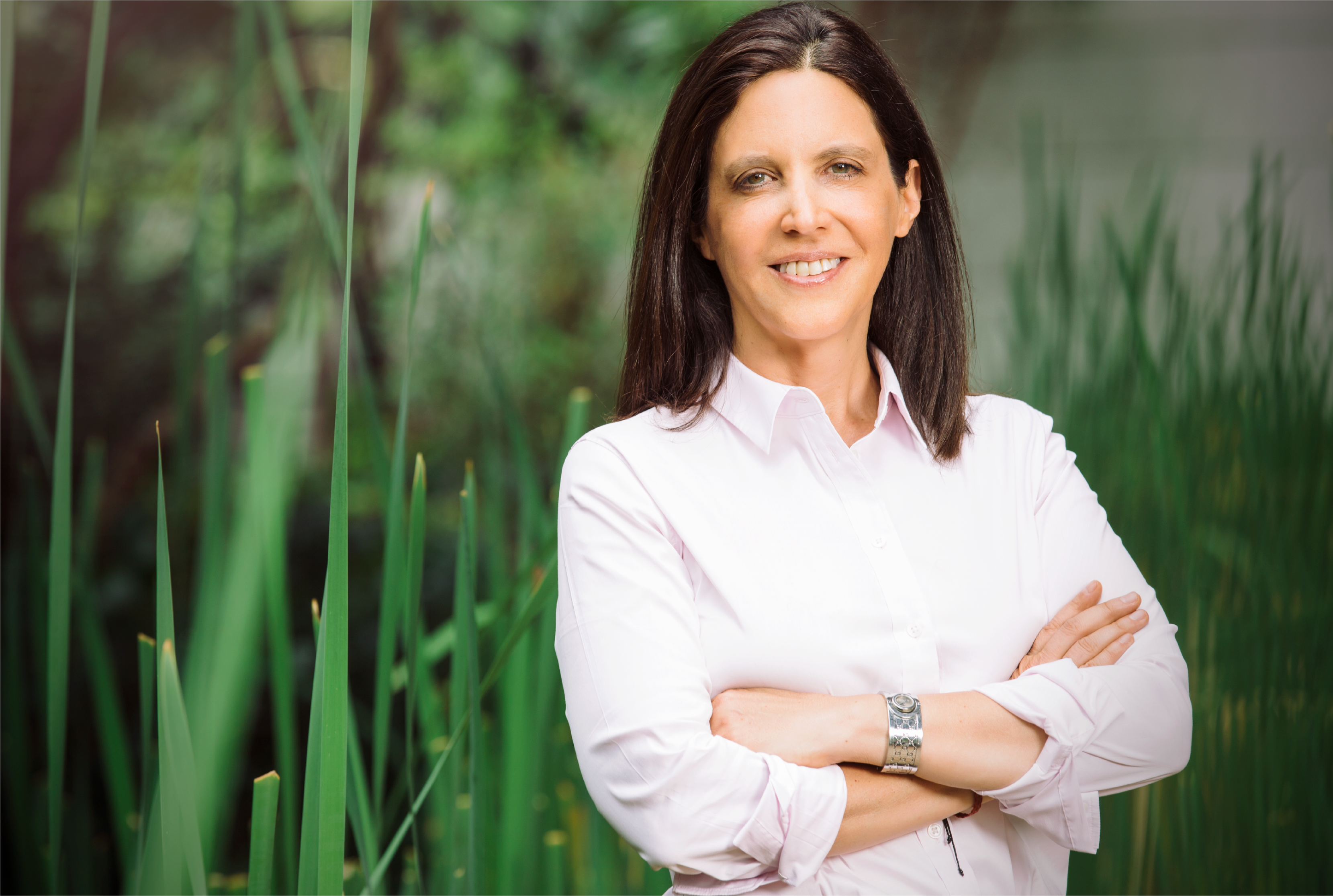
Colombia
Sylvia Escovar
- Former President, Terpel (Oil; Gas)
Born Bogotá, Colombia, 1961. B.A., Universidad de los Andes (1985).
“We don’t do it because someone tells us to, but because we truly believe that with our actions we are changing a country.”
Summary
Sylvia Escovar is the former President of Terpel, Colombia’s leading oil and gas company, which currently operates in several countries across Latin America and is part of COPEC. After graduating with a Master’s degree from La Sorbonne in France, Escovar returned to Colombia and served in public sector roles at the World Bank, Colombia’s National Planning Department (DNP), in Mayor of Bogotá’s Enrique Peñalosa’s administration, the FES Foundation, Banco de la República, and at Cartagena’s City Hall. Escovar then moved on to the private sector where she held positions with Bancolombia, Fedesarrollo, before joining Terpel in 2001. In this interview, Escovar credits her public sector experience with teaching her about the people of Bogotá and their needs, the different regions and cultures within Colombia, Colombia’s political economy, and the importance of public-private interactions. She explains how she was able to bring these important lessons with her to the private sector.
In this interview, Escovar goes back over the history of Terpel since its foundation in 1968. Initially belonging to Colombia’s oil company, Ecopetrol, seven separate Terpel companies emerged after Ecopetrol expanded into retailing to serve the country’s most remote areas, and began selling equity to different shareholders. Escovar argues that Terpel’s subsequent significant growth has come because of three moves: the merging of those seven companies, the securing of synergies and the creation of a large network, and the pursuit of a strategy focused on serving people. Escovar suggests that one of Terpel’s greatest strengths is its nationwide presence across Colombia’s complex geography, which she argues makes Terpel a key agent for mobility in the country. With a large network that it to operate supply plants across the country, Terpel now also sells nearly 80% of Colombia’s aviation fuel.
In this interview, Escovar describes the lengthy process of, and major learnings from, the consolidation of Terpel’s seven regional units in 2001, and the company’s subsequent radical organizational cultural change, which made serving people the focal point of the company. Escovar explains that 90 per cent of Terpel’s network participants are independent firms. She explains how she was able to overcome challenges the shared management scheme presented by aligning goals, leading by example, mutual respect, and learning from each other. In this interview, Escovar further argues that Terpel’s competitive advantage is that the company is not tied to one specific product, but rather that it is bound by the commitment to people. Interestingly, Terpel’s ownership changed hands during this period of organizational change and renewal. Originally affiliated with Ecopetrol, the business was privatized in 1993. Since 2010 Terpel has been controlled by Copec, the Chilean fuel and forestry conglomerate.
In this interview, Escovar also describes Terpel’s commitment to Colombia’s diversity, and the celebration of local cultures by developing a portfolio with a common assortment of products combined with products that cater to specific regions sold in their Altoque convenience stores. Escovar then goes on to discuss Terpel’s challenging internationalization process given the different cultures across Latin America, and the challenges of working in a highly regulated industry. She notes the importance of gender equality in the industry, and the need to have women at decision-making levels.
To conclude the interview, Escovar discusses Terpel’s role in the peace process that largely ended the country’s long history of civil conflict that started in the mid-1960s. She also notes Terpel’s commitment to sustainability by refusing to sell high-toxicity products, and work to reduce Colombia’s social inequalities that led to the creation of Fundación Terpel. This was created in 2004 with the goal of improving education quality in Colombia.
Video Clips by Topic
Corporate Culture
Sylvia Escovar, the President of the Colombia-based oil and gas distribution company Terpel, discusses how the firm met the challenge of creating a dynamic corporate culture after seven regional companies were merged into a unified organization in 2001.
Keywords:
Corporate Culture, Colombia
Global Expansion
Sylvia Escovar, the President of the Colombia-based oil and gas distribution company Terpel, discusses how the firm responded to the major cultural differences between countries in Latin America
Keywords:
Global Expansion, Colombia
Social Impact
Sylvia Escovar, the President of the Colombia-based oil and gas distribution company Terpel, discusses the challenge of income inequality in Colombia, the role of Fundación Terpel in demonstrating that business needs purpose beyond profit, and extensive investment in education and leadership skills.
Sustainability
Sylvia Escovar, the President of the Colombia-based oil and gas distribution company Terpel, explains her company’s commitment to replacing the use of fossil fuels with electric cars, and the steps taken to facilitate the spread and use of charging stations.
Keywords:
Colombia, Sustainability
Additional Resources
- "Tras 8 años al mando, Sylvia Escovar dejará la presidencia de Terpel," Forbes Colombia, September 15, 2020.
- Sylvia Escovar (Presidente de Terpel): Cómo liderar con amor, Amapola Academy, February 5, 2020.
- Sylvia Escovar, Presidente de Terpel, Fundación Chasquis, October 24, 2016.
- Mujeres de Ataque con Juan Lozano: entrevista a Sylvia Escovar, NTN24, September 5, 2019.
- Terpel: 50 años pensando en las personas, Dinero, June 4, 2019.
Interview Citation Format
Interview with Sylvia Escovar, interviewed by Andrea Lluch, Bogotá, Colombia, November 28, 2019, Creating Emerging Markets Oral History Collection, Baker Library Special Collections, Harvard Business School.
